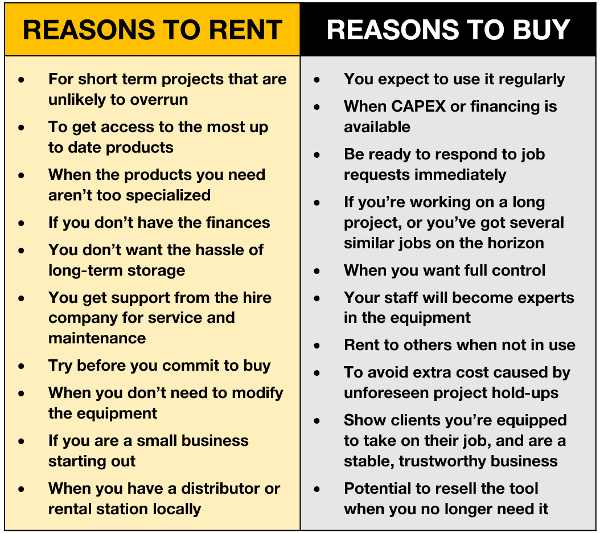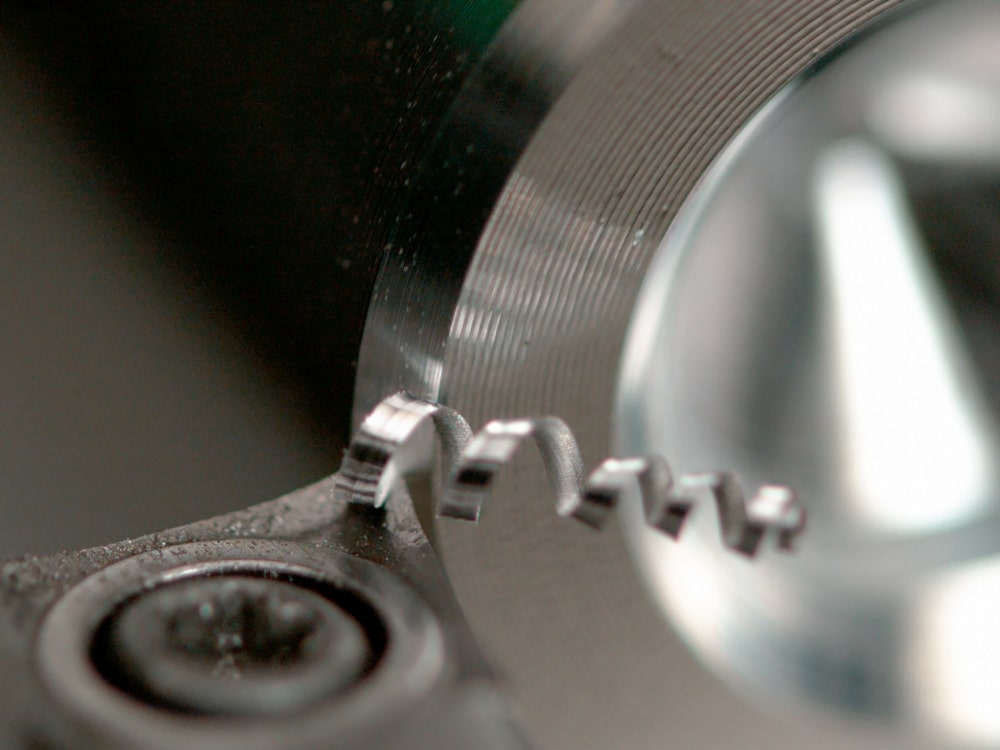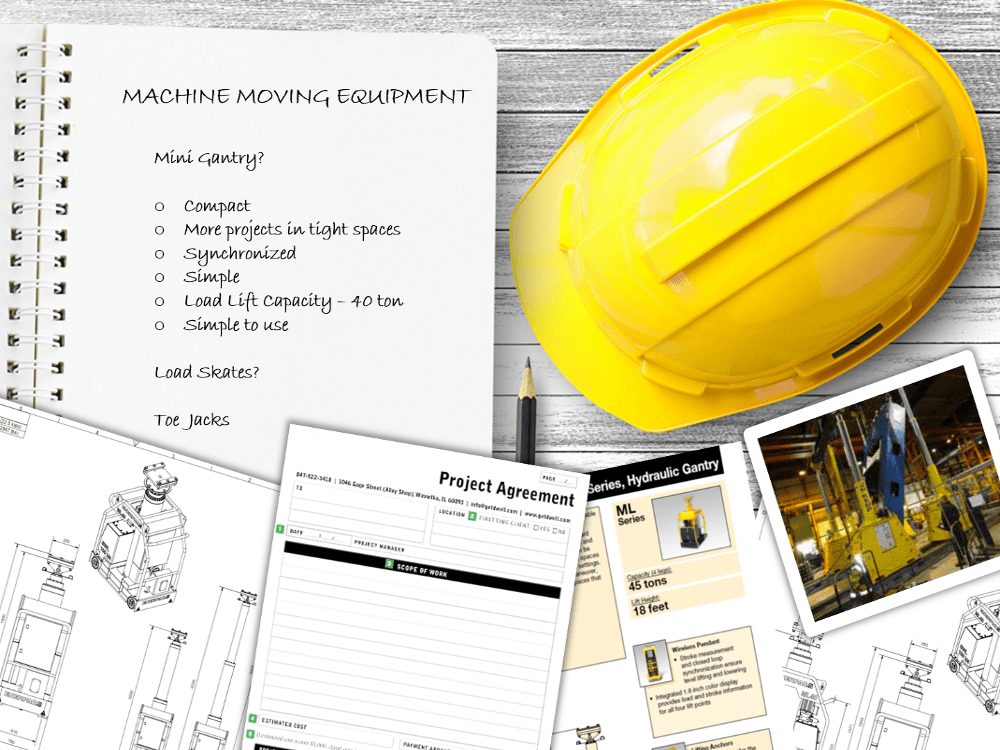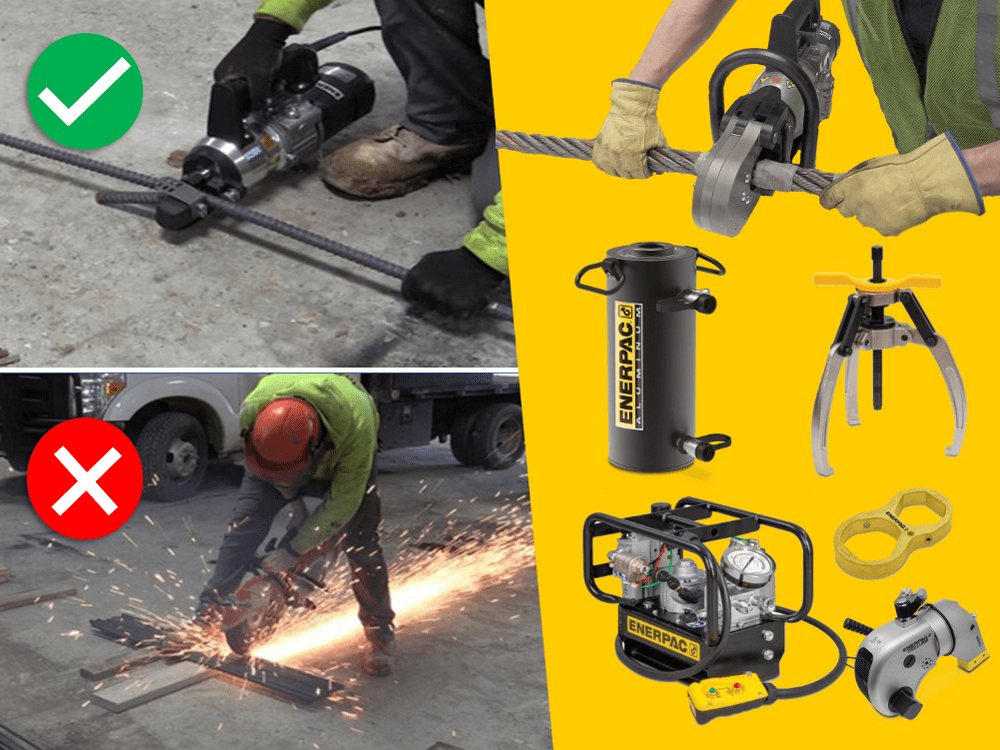Industrial Tool Rental Vs Purchase: 7 Key Considerations

January 18, 2021
0
If you need tools for your future projects, should you opt for industrial tool rental or purchase? The truth is there is no single one-size-fits-all correct answer.
It really depends on what type of equipment you need and your company’s circumstances. So, what are the key considerations when weighing up industrial tool hire rent vs purchase?
Let’s take a look at the main considerations:
1. How often will the equipment be used?
Heavy-duty specialist tools and large equipment can cost thousands of pounds to buy brand new. So if you only needed these for a few days or hours can really you afford to spend this amount?
Predicting how often the equipment will be used can be extremely difficult. This is especially true for major industrial projects, which are often subject to delay and unforeseen circumstances. When this happens, the rental costs can ramp up very quickly indeed!
Estimating the number of rental days equating to the purchase cost is a good start, but it’s not the full story.
2. What finance is available?
If capital expenditure or borrowing is an issue, then industrial tool rental will be the best option. Cash flow is especially important within smaller companies. Therefore, assigning the cost of a short-term rental against a project is normally much easier than proposing a major equipment purchase.
Larger companies may have a different way of thinking. They have the backup of a finance department. These people have the time and experience to examine many factors. There’s amortization over several years, depreciation, taxation, insurance, and the time spent on asset administration. To get a truly accurate picture of the total cost of ownership it is worth researching each of these before making your final decision.
A further point worth bearing in mind is that owned equipment is considered as an asset on your balance sheet. During harsh times you can always be sold to the used market.
3. Get ready to take on more jobs – 24/7
One aspect sometimes overlooked is the cost of missed opportunities. A contractor who already owns the equipment is ‘armed and ready’. Having the right kit on hand 100% of the time goes a long way towards increasing your ability to secure short lead-time projects. Being able to respond in this way can increase revenue and enhance customer service.
4. Try before you buy
Do you have the CAPEX to buy but aren’t certain of the exact product specifications you need? Hiring industrial equipment can be a good short-term solution allowing you to evaluate products before you buy.
5. Support, Service and Maintenance
In each of these areas, at first, it may seem rental is the clear winner. Many of the staff in rental companies are experts and have worked in the trade for years. They will give you a high level of support and you will not need to worry about maintenance, expired warranties, or replacement parts.
The purchase side of the argument is that if you own the product your staff will become experts in the equipment. This helps towards high levels of customer service and enhances the company’s reputation.
6. Storage
Do you want to eliminate the inconvenience and costs of housing, insurance and keeping equipment secure? If yes then go for rental. Rented equipment can be delivered directly to the job site. A significant benefit when space on your own premises is limited.
7. Getting the exact product specifications you need
Depending upon the project – you may prefer a particular level of specification that includes all the latest features and the benefits they deliver.
When renting from a distributor your choice is limited to what they have in their inventory. In many cases this won’t matter too much. But if you have a comprehensive list of must-have features and enough finance available, then buying the product will make more sense.
If you are on a limited budget, rental companies may point out that their tools are likely to be of a higher specification and quality than your company could afford if you were looking to buy. This can be true, as rental companies normally look for the best when purchasing their stock, as they understand these items will see heavy wear and tear. Just make sure the specifications match the project.

Industrial Tool Rental vs Purchase: Summary
You will see there are many things to consider. Especially utilization, finance, control, availability, and human resources at your disposal. Many of these can be evaluated by looking at the time or money involved.
But there are intangible factors too – for example, a purchased asset will provide a sense of pride of ownership which may be important to you and your employees. Others may just simply prefer the flexibility of accessing tools from their local rental company.
Need help? Get in touch with your local Enerpac specialist for more details.



